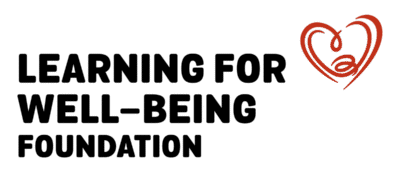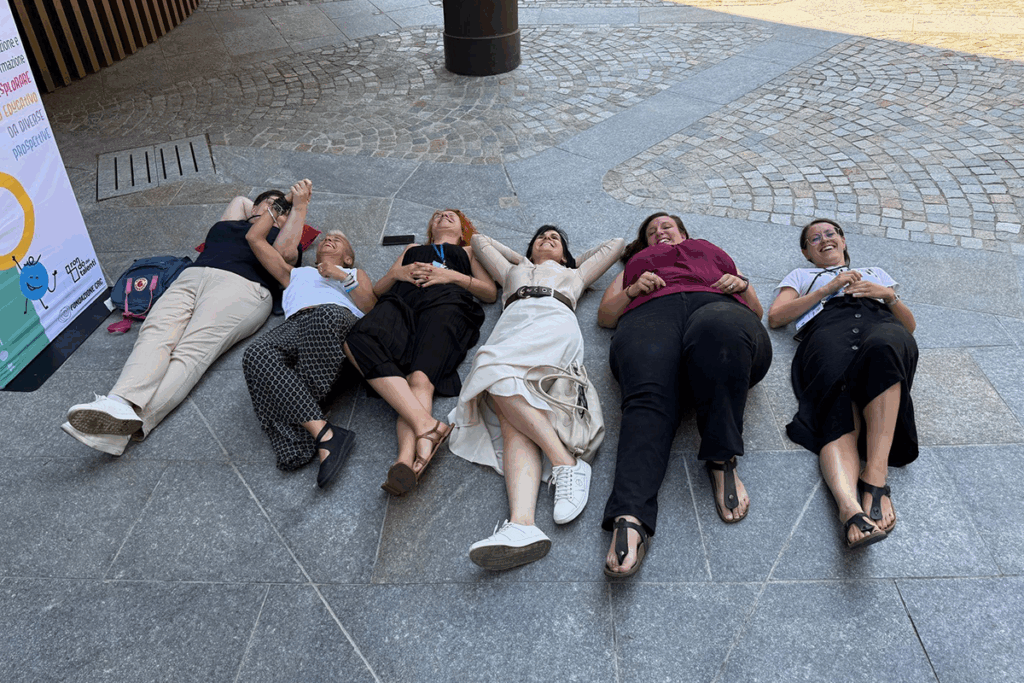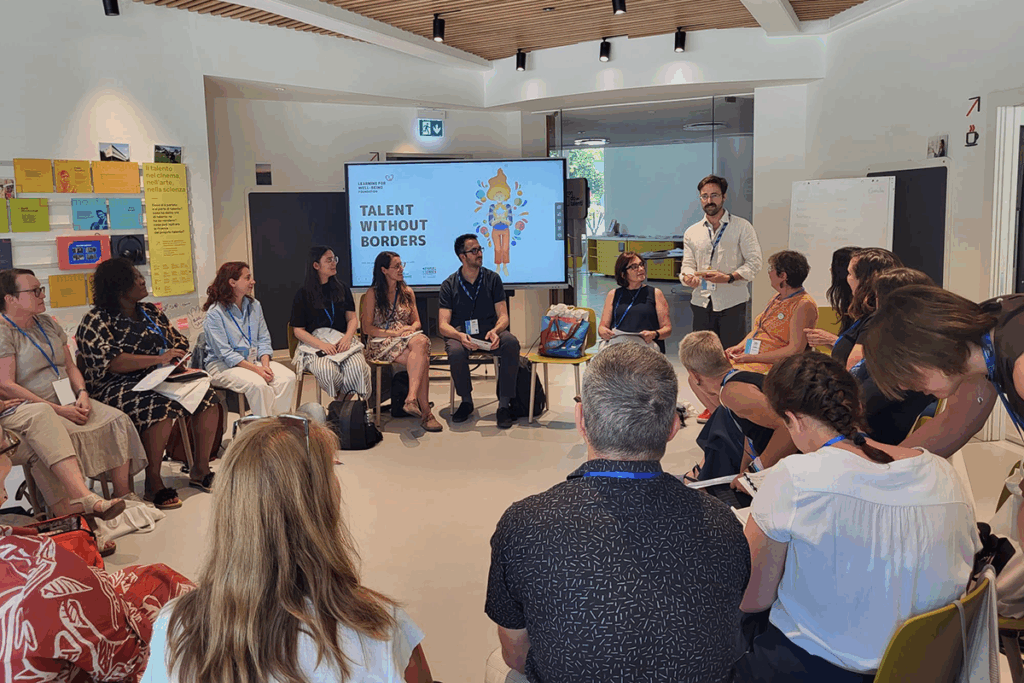As students get ready for class, the true nature of teaching comes forward. Most teachers understand that teaching is about sharing knowledge, time, and care, but it begins with listening. They listen to their students and to their own need to keep learning.
At the Talent Without Borders training in Cuneo, Italy, teachers from many countries gathered to listen and learn. They wanted new teaching ideas, but they also found a deeper sense of purpose.
Elisabetta from Italy, Ewa from Poland, and Jasana from Namibia were part of this group. By sharing their stories, they realised that teaching grows richer when teachers first recognise their own strengths. When teachers learn alongside their students, everyone connects more and succeeds together. These lessons matter to educators everywhere.
Elisabetta: Seeing Talent in Three Dimensions
At a vocational school between the Alps and Cuneo, Elisabetta Bergia teaches business economics. She welcomes students with many different learning needs and believes that true inclusion takes both intention and creativity.
“I was intrigued by the training on Talent and Well-being because it offered me a further opportunity to commit to inclusive growth,” she explains. “Thinking together about tools and models that make talent accessible to all, regardless of social, economic, or geographical context, where people’s well-being is seen not only as an individual goal but also as a lever for collective development.”
This experience gave her a new perspective.
“I was struck by the energy the trainers were able to generate in the group – formed by heterogeneous international participants, with different backgrounds but with common educational goals and vision – and by the motivation they offered by providing practical tools adaptable to different talents,” she recalls. “They prompted me to reflect deeply but always in an easy way.”
After returning home, Elisabetta started to change how she teaches.
“I’m trying to use a more three-dimensional view related to the three talent families – mental, emotional, and physical aspects – and to better adapt my teaching method by consequence,” she says. “I recommend this kind of training to anyone who wants to embark on a motivating personal growth experience… and this is just the beginning. The desire to continue only grows.”
Ewa: When the Teacher’s Talent Flourishes
For Ewa Polanis, a secondary school teacher and PhD candidate in pedagogy in Poland, Talent Without Borders offered a space that felt made for her.
“When I first encountered the Talent Without Borders initiative – its goals, values, and vision – I immediately felt that it had been created for people like me and for my students,” she says. “It reflected exactly what I needed at that moment: a space to grow, to share my own practices, and to keep developing further.”
Ewa finds joy in helping her students build relationships with themselves, with others, and with the world. She believes, as she writes, that “self-awareness, well-being, and discovering one’s own talents are the foundation of a meaningful life.”
The international meeting in Cuneo showed her that care and professionalism can go hand in hand.
“What stayed with me most was meeting a group of teachers from different countries who – despite the overload and lack of recognition our profession often faces – showed great commitment, a deep need for personal growth, and even greater care for their students,” she reflects. “The openness, willingness to cooperate, and atmosphere of kindness were priceless.”
For her, the heart of the programme is how it brings everything together.
“The holistic approach of this programme is its greatest strength: the integration of teachers’ personal growth with the growth of their students,” she says. “As the biblical tradition says, even Solomon cannot pour from an empty vessel. First, the teacher’s talent must flourish, and only then can they share what they carry within with their students.”
Out of all the activities, the Talent Cards made the biggest impression on her.
“This unique tool teaches through play and experience, opening the door to conversations about strengths,” she explains. “The cards help overcome barriers; the playfulness imposes a choice, which creates a sense of freedom and makes dialogue easier.”
Through this, she saw that when young people talk about their strengths, they start to feel a sense of belonging with each other.
“Working with the cards also strengthens group relations – when we guess who chose which card, we practise attentive listening and build bonds in the classroom. From my experience, I know that these elements form the foundation of adolescent well-being.”
Jasana: Helping Students Dream
Jasana Ijemue Uandia, a Life Skills teacher and school counsellor from Namibia, found the programme almost by chance. “I saw it advertised on social media, and it immediately caught my attention since it is the kind of work I am doing,” she says. “It was an ideal opportunity to learn how to guide students in unleashing their talents so they can become more aware of their abilities.”
The training became a revelation.
“This programme was really an eye-opener for me,” she says. “I didn’t realise there were programmes like this, especially for Life Skills teachers like myself. I learnt a lot that I would like to use back at school in the classroom.”
Her favorite part was also the Talent Cards activity; she feels these activities make students feel more at ease in class.
“Young people learn best by doing things,” she explains. “For me, that was an icebreaker.”
She has already shared what she learned with her students.
“We did group work where they could draw a certain career they would love to pursue when they are done with school,” she says. “It was all about envisioning themselves in that kind of career one day, which is a good driving force for them to start dreaming and working hard to make that dream a reality.”
When asked what she would tell others about the programme, her answer is simple:
“It is a brilliant and fruitful programme. It is a must for teachers, parents, or anyone working with young people. It opens your eyes to how students can unfold their talents in different ways, not only through traditional teaching but through freedom and creativity.”
And then, with joy, she shares her life motto:
“If you want something you have never had, you must be willing to do something you have never done. – Thomas Jefferson”
A Shared Journey
Each story is unique, but they are all connected. Elisabetta’s focus on inclusion, Ewa’s belief in teacher growth, and Jasana’s trust in her students’ creativity all show that teaching is more than a job – it is a journey of growth.
Talent Without Borders gave them useful tools, but even more, it created a sense of community. When teachers care for their own well-being, they also support their students. This shared care helps break down barriers.


